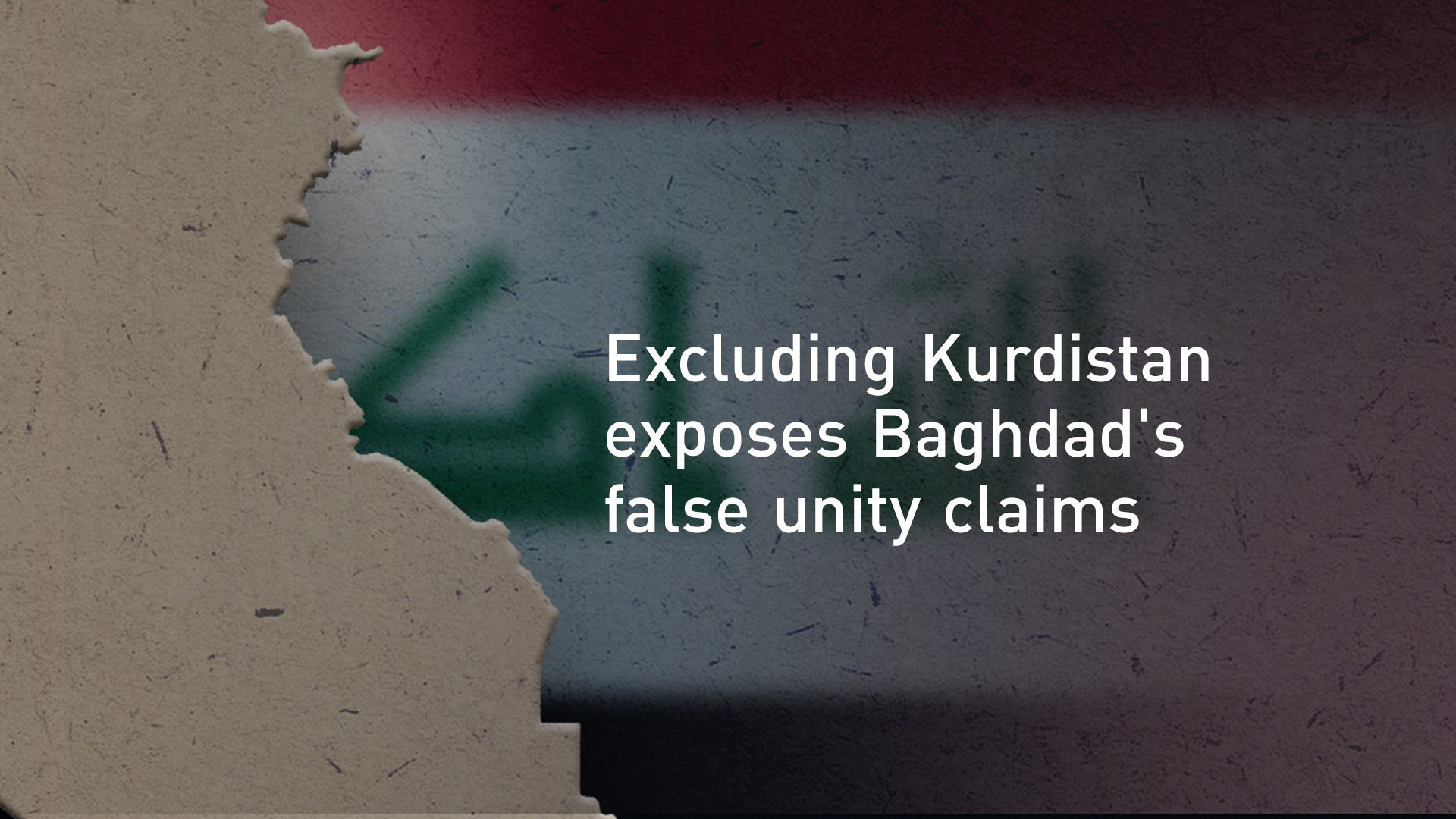No Schools for Kurdistan: Iraq Landmark Education Project Sparks Outcry
Despite the celebratory tone in Baghdad, the geographic distribution of the 1,000 schools underscores a deeply problematic oversight.

By Ahora Qadi
ERBIL (Kurdistan 24) – Iraqi Prime Minister Mohammed Shia’ al-Sudani on Saturday announced the completion of a flagship educational infrastructure initiative involving the construction of 1,000 new schools across Iraq. Yet the announcement sparked immediate criticism, as the Kurdistan Region—an integral part of the Iraqi federation—was entirely omitted from the national project.
The schools were constructed over two years under the framework of the Iraq-China agreement, with 210 model institutions newly inaugurated in various provinces. Speaking via videoconference, al-Sudani hailed the achievement as a triumph of governance, noting that the schools were completed without interruption, despite political transitions involving three successive cabinets.
Al-Sudani commended the General Secretariat of the Council of Ministers and the Ministry of Education for their “exceptional” role in implementing the project and circumventing bureaucratic and logistical obstacles. The schools, he claimed, will mitigate the chronic issue of overcrowded classrooms, eliminate triple-shift schooling, and establish a “modern and integrated” educational environment.
Kurdistan Region Deliberately Marginalized
Despite the celebratory tone in Baghdad, the geographic distribution of the 1,000 schools underscores a deeply problematic oversight: none of the schools were built in the Kurdistan Region. The provinces of Erbil, Sulaimani, and Duhok were entirely excluded, raising serious questions about the government’s commitment to national equity and constitutional responsibility.
In contrast, significant numbers of schools were allocated to other provinces—144 in Baghdad, 106 in Dhi Qar, 92 in Nineveh, and dozens more across Basra, Salahaddin, Diyala, and Maysan. Even Kirkuk, a disputed and multiethnic province, received 44 schools.
Observer says that this selective exclusion of the Kurdistan Region not only undermines the principle of fair and balanced development but also calls into question the sincerity of Baghdad’s frequent rhetoric on unity, coexistence, and federal inclusivity.
Next Phase Announced—but Will Kurdistan Be Included?
Al-Sudani announced a forthcoming initiative to construct an additional 600 schools via the Iraq Development Fund, pending the allocation of land. He pledged that the educational campaign would continue nationwide. However, given the current precedent, skepticism remains high over whether the Kurdistan Region will be afforded its rightful share—or continue to be sidelined under the pretext of central planning.
Systemic Corruption Deepens Kurdistan’s Crisis as Iraq’s Economy Collapses
According to a research paper published by al-Rafidain Center of Dialogue, the Post-2003, corruption in Iraq has become a well-oiled machine draining national resources, with Kurdistan paying a heavy price despite contributing nearly 450,000 barrels of oil daily to federal revenues.
The central government routinely withholds salaries and slashes budget allocations for Kurdistan under the pretext of mismanagement—while billions vanish into shady contracts and ghost projects in Baghdad. The region faces severe discrimination in federal revenue sharing, crippling public services.
Months of unpaid wages for civil servants, chronic power cuts, and medicine shortages plague Kurdistan as its oil wealth fuels corruption elsewhere. Unemployment soars, investments flee, and Baghdad’s political elites prosper.
Iraq’s corruption isn’t just theft—it’s systemic injustice. Kurdistan’s people bear the cost while Baghdad profits. Without transparency and fair distribution, the crisis will only worsen.